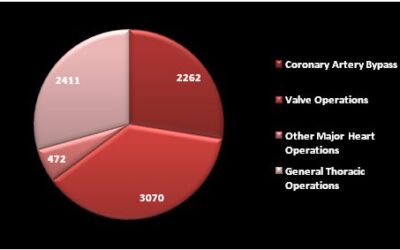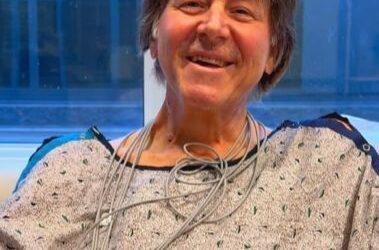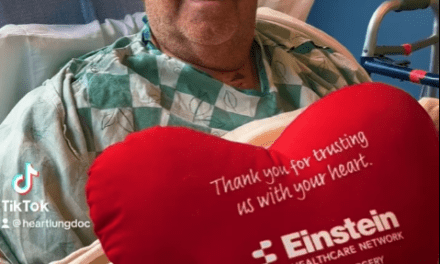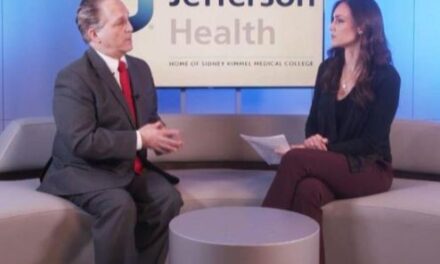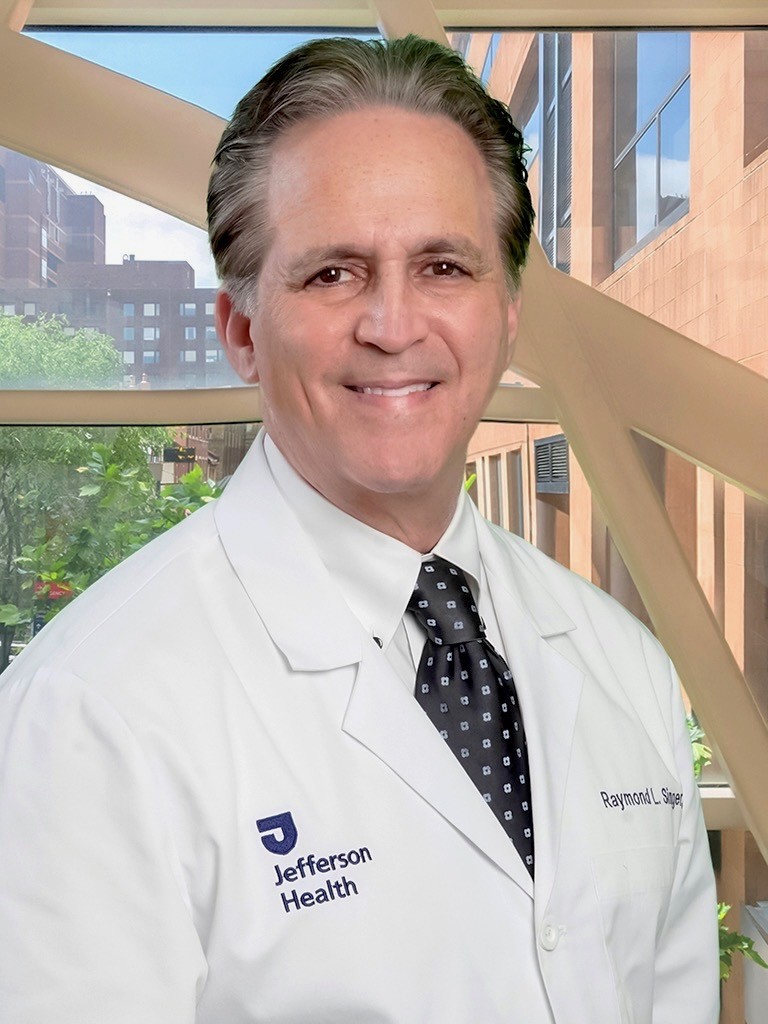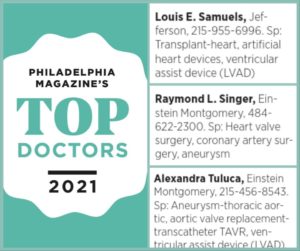With permission from the patient to post, this 38-year old man’s story is emblematic of a growing number of young adults suffering heart attacks from premature coronary artery disease.
Why are we no longer “young at heart” in America? The Framingham Heart Study reminds us of the importance of six risk factors for cardiovascular disease: High total cholesterol, low HDL, high blood pressure, diabetes, obesity, and smoking.
While family history and genetic predisposition are important, we are seeing a massive increase in obese young adults who lack exercise, with signs of advanced metabolic syndrome—then, add in today’s stress and seemingly endless world crises, we now have the perfect brew for premature inflammatory vascular disease, heart attacks, and sudden death.
Education remains the key. A recent Harvard survey of more than 4,000 individuals, with an average age of 30, found that over 65% of these young adults were unable to identify ANY of the six major cardiac risk factors. That’s a striking finding and one that we can change with better education and mentoring.
Families need to instill healthier habits in their children at a younger age and encourage their children to adopt an attitude and focus on lifelong well-being. Schools and colleges would do well to provide mandatory health courses and promote healthier activities and better food options on campuses. Corporations and businesses would also see better productivity from their teams if a focus on healthier lifestyles becomes an integral part of their business model.
Unfortunately, it’s going to take time, effort, and funding to turn around the health of our youth in America. Until then, we might expect to see more cases like the one illustrated in this video.
Recent Posts
When is the Best Time to Exercise?
This video talks about the advantages of exercising in the morning. Morning workouts release endorphins and improve blood flow, helping you to feel more energized and mentally sharp throughout your day. There are fewer distractions in the morning and it makes it...
May is Mental Health Awareness Month
Let’s take this opportunity to reflect on something essential, yet often overlooked in professional environments: our mental well-being. In a world that values productivity and performance, it’s easy to forget that behind every deadline, meeting, or project is a human...
10 Jefferson Hospitals Earn an “A” Safety Grade
We are incredibly proud to announce that 10 Jefferson Health hospitals have received an "A" Hospital Safety Grade from The Leapfrog Group for Spring 2025. This recognition underscores our commitment to improve patient lives and prioritize their safety across our...
Patient Outcomes – May 1, 2025
Nothing can be more important than knowing the experience level of your surgeon. Generally speaking, the more you do something, the better you become! Since entering practice in 1992, I have performed over 8,215 major heart and lung operations and numerous minor...
Day #5 After CABG Surgery
With the patient’s permission, this video discusses the post-operative journey of an individual who underwent urgent/emergent conventional sternotomy, triple-vessel coronary artery bypass graft (CABG) surgery, after developing severe chest pain with ECG changes during...
Left Thoracotomy for Complex Mitral Valve Replacement
This is a unique case of a 64-year-old man who had a history of Hodgkins disease with mantle radiation to his chest. I had performed a surgical aortic valve replacement 10 years prior with a biological valve that is still working well. The patient now presented with...
Featured
Pages
- Learn about heart valves. Heart Valves
- Read testimonials. Testimonials
- Did you know I have a consulting firm? Singer Heart/Lung Consulting
- Check out my TedTalk! Defining Success
Links
- Links page with more information about your heart. Links
- Dr. Adam Pick's Site: heart-valve-surgery.com




